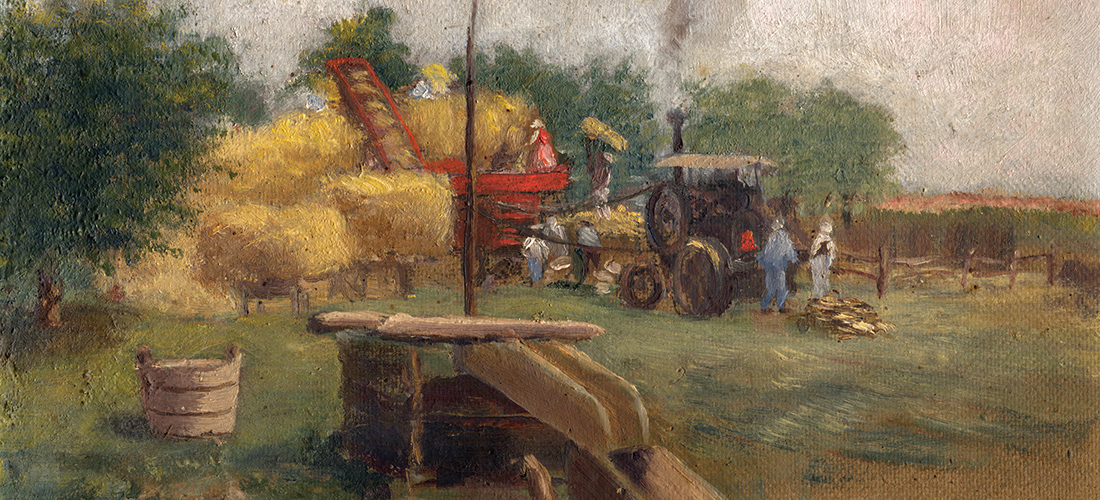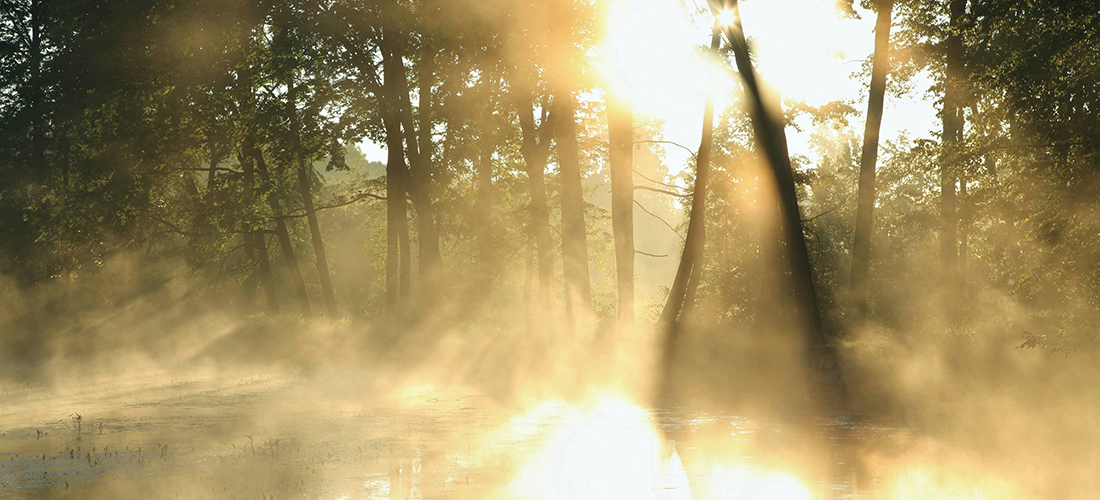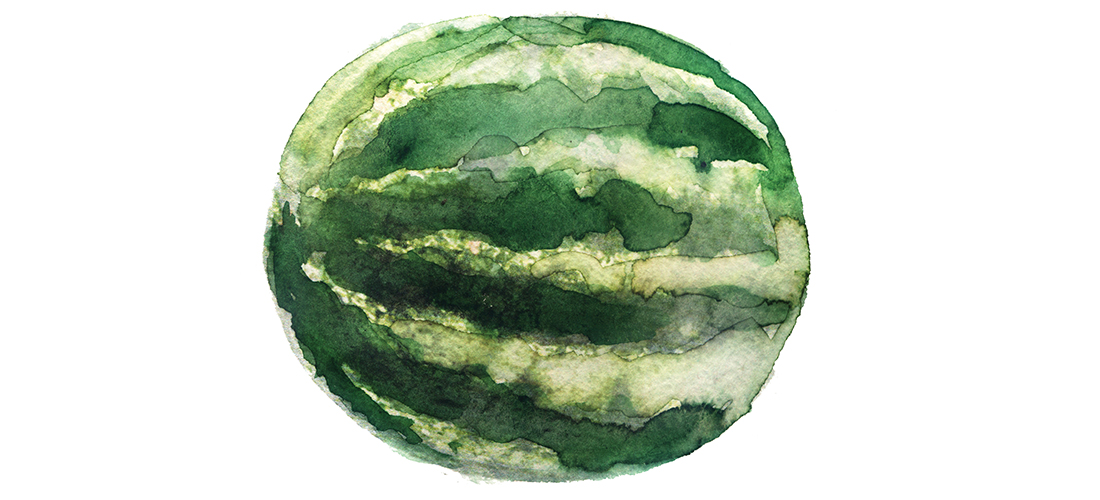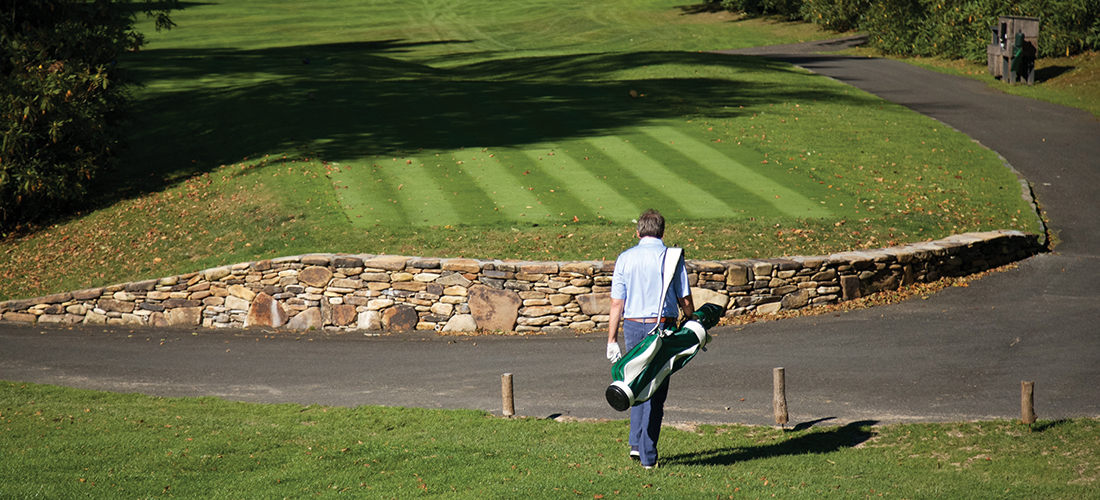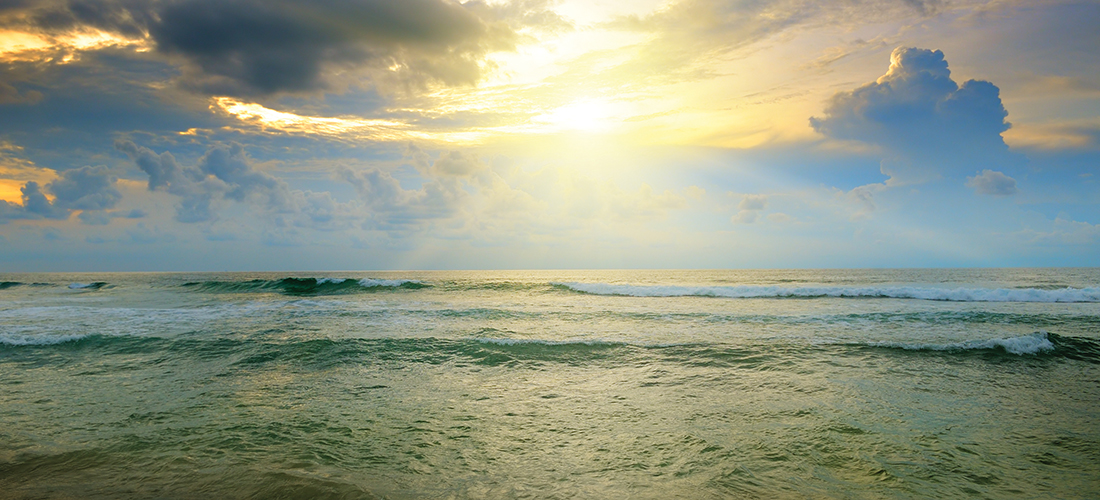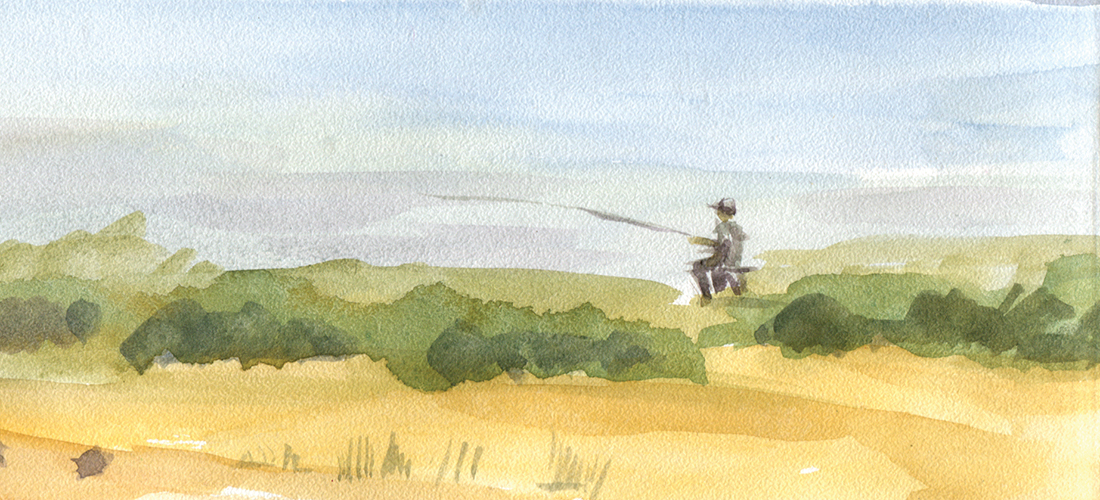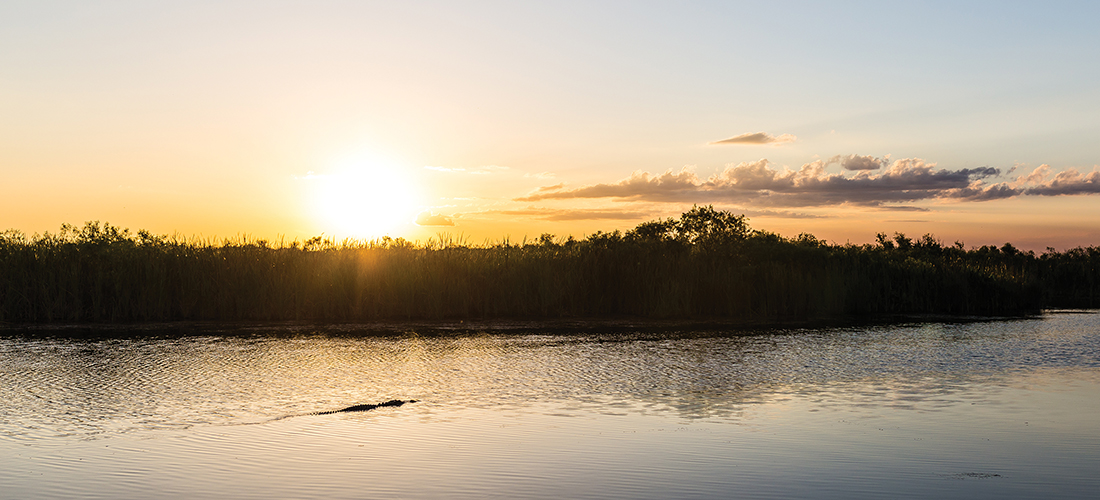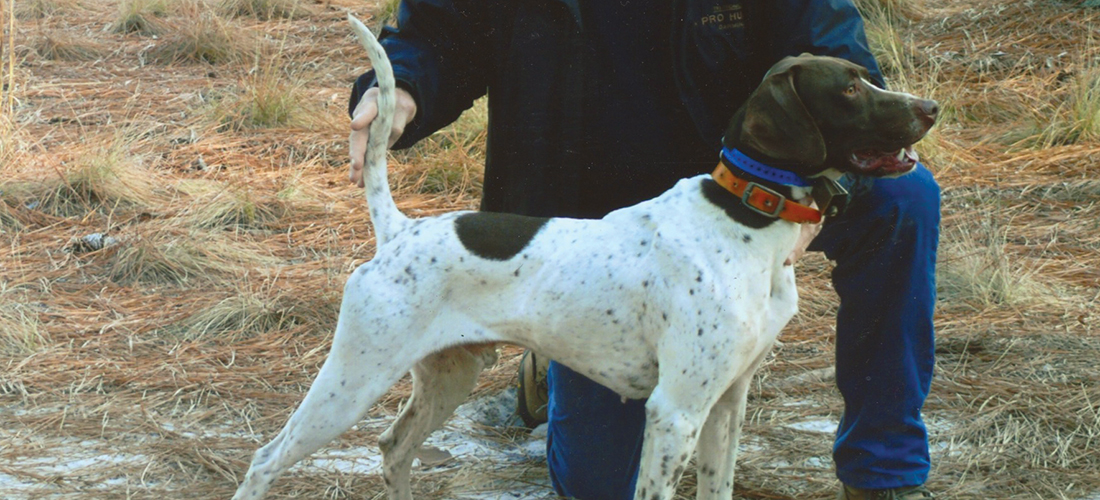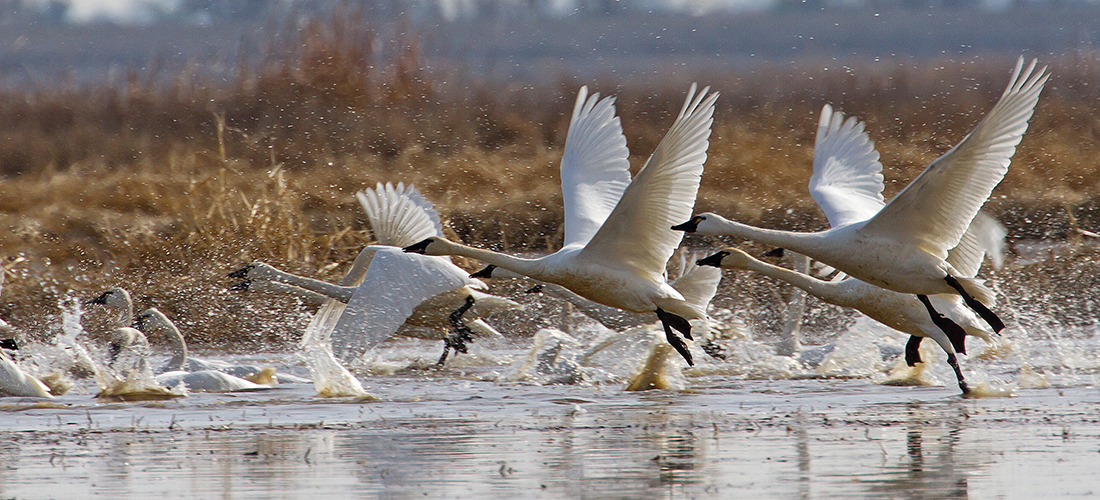Visiting memories of days gone by
By Tom Bryant
It was one of those rare, late fall days with the wind quartering out of the southeast. Too late to be called Indian summer, and yet the soft warm breeze had a semblance of days past when summer was holding on with a real purpose, not wanting to let fall have the upper hand. We Southerners take days like this as a blessing, knowing that right around the next bend a frosty wind will drop all the remaining tree leaves, with the exception of the live oaks, and winter will arrive in earnest.
I was sitting in the swing on the long rain porch of the old home place, and Mom was in her favorite rocker, wrapped in an afghan. We were talking about nothing much, just rambling about days gone by and plans for Christmas that was a short time away. Thanksgiving had recently been celebrated by our immediate family: my sister who lives with Mother; my other sister who had come up from Florida; my brother, who had built a small cottage right behind the big house; along with Linda, my bride; our son, Tommy; and me. It was a grand occasion, and Mom was recalling days past when everyone would descend on the farm to celebrate.
Mother’s 98th birthday was last April. She is the last surviving child of Austin and Hensalie Fore. There were eight children, and when the family got together with aunts, uncles, great aunts and great uncles, and numerous first cousins and twice-removed cousins, we had a passel of people.
Every now and then, Mother’s memory slips, but she can still recall holidays and long-gone relatives as if they were sitting on the porch with us.
“Tommy, you remember your daddy used to drive you down here a few days before Thanksgiving to hunt with your granddad. Your granddaddy loved that.”
“Those were great times, Mom. It seems as if it was just yesterday, but you know that was a long time ago.”
“It’s my old age, and my mind plays tricks, but I can still see you with that great big shotgun your dad gave you. The gun was bigger than you were. I used to worry, but he assured me that you could hold your own in the woods. And your uncle Tommy, I was just talking to him the other day, and he was asking if you were going to deer hunt with the club this year.”
“Mom, Uncle Tommy has been gone a long time now. You were just remembering funny.”
My uncle Tommy had passed away 10 years ago.
“See what I mean about my mind playing tricks?” She looked out across the fields in front of the old house. The crops had recently been harvested by the farming conglomerate that leased most of the farms in the area, and there was a tractor plowing under cornstalks. “Is that your granddad coming across the field?”
“No, Mom. He’s been gone a long time, too.”
She looked at me and smiled. “I think I’ll go in and lie down a bit. I’m feeling right tired.”
“OK, Mom. Let me help with your walker.” I pulled it out for her and helped her down the hall to her bedroom.
“Enjoy that weather on the porch, son. It’ll probably be frosty in the morning.” She sat on the side of her bed, and I pulled a blanket closer. “I love you, son. You be careful in those woods tomorrow.”
I went back out to the swing. The rest of the family was enjoying the side porch off the kitchen. I could hear them laughing. The tractor was still working, getting closer to the road in front of the house. Dogs barked somewhere across the back pasture. I sat in the old swing and remembered the special days Mother’s mind had been tricking her about.
I was 12 or maybe 13 and loved the time spent on the farm, squirrel hunting in the little swamp way back behind the west pasture. It was my time. I had the best of both worlds. Pinebluff, where I lived, was an ideal place for a youngster who enjoyed the outdoors. I had a relatively new bicycle, a Christmas gift from the year before, a loyal companion in a black curly-coated retriever named Smut, and many friends of the same bent as I. On Granddad’s farm, I had him and uncles who let me roam in the woods with them, and they treated me with good humor, not like the kid I really was. Those were wonderful times.
An old ramshackle pickup truck rolled into the side yard amongst a blue cloud of burning oil. Ed Junior eased out of the driver’s side and looked up at me on the porch. “Hey, Tommy, I thought you’d be out there squirrel hunting.”
“I’m too full, Ed. Too much of Bonnie’s cooking.” My sister had cooked a ham and fixins for dinner and we had eaten our fill.
Ed Junior’s family has lived on the farm as long as I can remember. He and his folks were mostly tenant farmers, in other words they helped provide the labor for a crop; and my grandfather provided the seed, fertilizer, and land. Both parties shared equally in any profits that came along. They also suffered almost equally any crop disaster. My uncle Tommy bequeathed Ed and his family lifetime rights to 10 acres on his farm. Ed and I were the same age, almost to the day, and we grew up on the farm together. I ate many meals at Aunt Mary Greene’s table. She was Ed’s grandmother and ruled her house with an iron hand.
“I brought Miss Evelyn a mess o’ collards. Where you want me to put ‘em?”
“She’s resting right now, Ed. We’ll put them on the back porch.” I walked out to the pickup and helped Ed with two bushel baskets of greens. We toted them to the back porch steps and left them there.
“They gonna need washing,” Ed said. “I just picked them from the back garden.”
We walked back to the truck and sat on the tailgate.
“How’s the family?” I asked.
“They’s doing OK. The daughters are helping me at the store, and the boys are in the army.” Ed had started a little truck garden store on a side street in town where he sold the many vegetables he harvested from his extensive garden. My granddad always said that Ed could grow anything. All he had to do was stick it in the ground.
”How you been doing? Miss Evelyn talks about you a lot.”
“I’m just like you, Ed. A lot older and a little fatter.” I patted him on his rotund belly and we both laughed. We sat and talked and reminisced a little about coon and squirrel hunts we went on as youngsters.
“Yassa, a whole lot o’ water has flowed down Black Creek since them days, Tom. I best be going. It’s getting on up in the day and I got to close the store.” He shook my hand and then impulsively we hugged.
“You look after Mama,” I said as he hoisted himself in the truck. “And you and your family have a Merry Christmas.”
“You, too, Tom. I check in on Miss Evelyn about every week. She has good days and some not so good.” He fired up his old pickup and rattled off in a cloud of blue smoke.
I went back to the swing. The sun was heading to the tree line and there was a noticeable chill in the air. The tractor was nearing the last row in the field, getting ready to quit for the day. PS
Tom Bryant, a Southern Pines resident, is a lifelong outdoorsman and PineStraw’s Sporting Life columnist.

